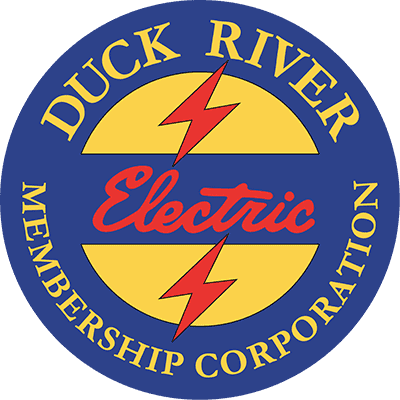17 Jun Cable TV, internet in Franklin and Moore counties could be affected by Comcast’s pole rental delinquency
Duck River Electric Membership Corporation (DREMC) members who are Comcast cable TV or internet subscribers in Franklin and Moore counties could experience a service interruption if the electric co-op is forced to disconnect power supplies and remove equipment for non-payment of pole attachment rental fees.
Notice was sent to Comcast that its facilities on DREMC poles are subject to removal unless overdue fees are paid prior to June 24.
Approximately 7,000 Comcast customers could be affected.
Almost two years ago, Comcast allowed a similar situation to develop by not paying annual pole attachment fees. The company averted loss of service to customers by finally making payment of the past-due amount and promising to enter into a new contract.
Comcast is still attached to DREMC poles without a contract and has allowed another past-due balance to accrue.
“We presume that over this period Comcast used these attachments to derive profit from services sold to customers in Franklin and Moore counties. Over the same period, we presume Comcast terminated service to its own customers for non-payment. Our contention is that no matter how large the companies might be that use our poles, they are subject to the same rules,” says DREMC President/CEO Michael Watson.
To ensure that DREMC members do not subsidize Comcast or others, the co-op charges an attachment fee that fairly reflects the cost of dedicating a portion of each pole for use by telephone, cable TV or other non-electric service providers.
Duck River sent notice to Comcast that, unless the delinquent pole attachment fees are paid, electric service will be disconnected to Comcast power supplies, and the process of Comcast equipment removal will begin under the co-op’s direction. Comcast will be billed for the expense of equipment removal.
“We hope it does not become necessary for Duck River to take these steps. But it is unfair for tens of thousands of electric co-op members without access to cable TV or high-speed internet to subsidize the profits of a company like Comcast,” Watson says.

